The lives and sacrifices of religious martyrs
The notion of martyrdom is as old as religion itself, woven into the fabric of numerous faith traditions. Martyrs are often revered for their unwavering conviction and willingness to endure suffering or death rather than renounce their beliefs. Their stories resonate across ages, drawing admiration and inspiration from believers and non-believers alike. This article delves into the lives and sacrifices of these remarkable individuals, examining how their courage and faith have left an indelible mark on history.
Historical Overview: Martyrs Through the Ages
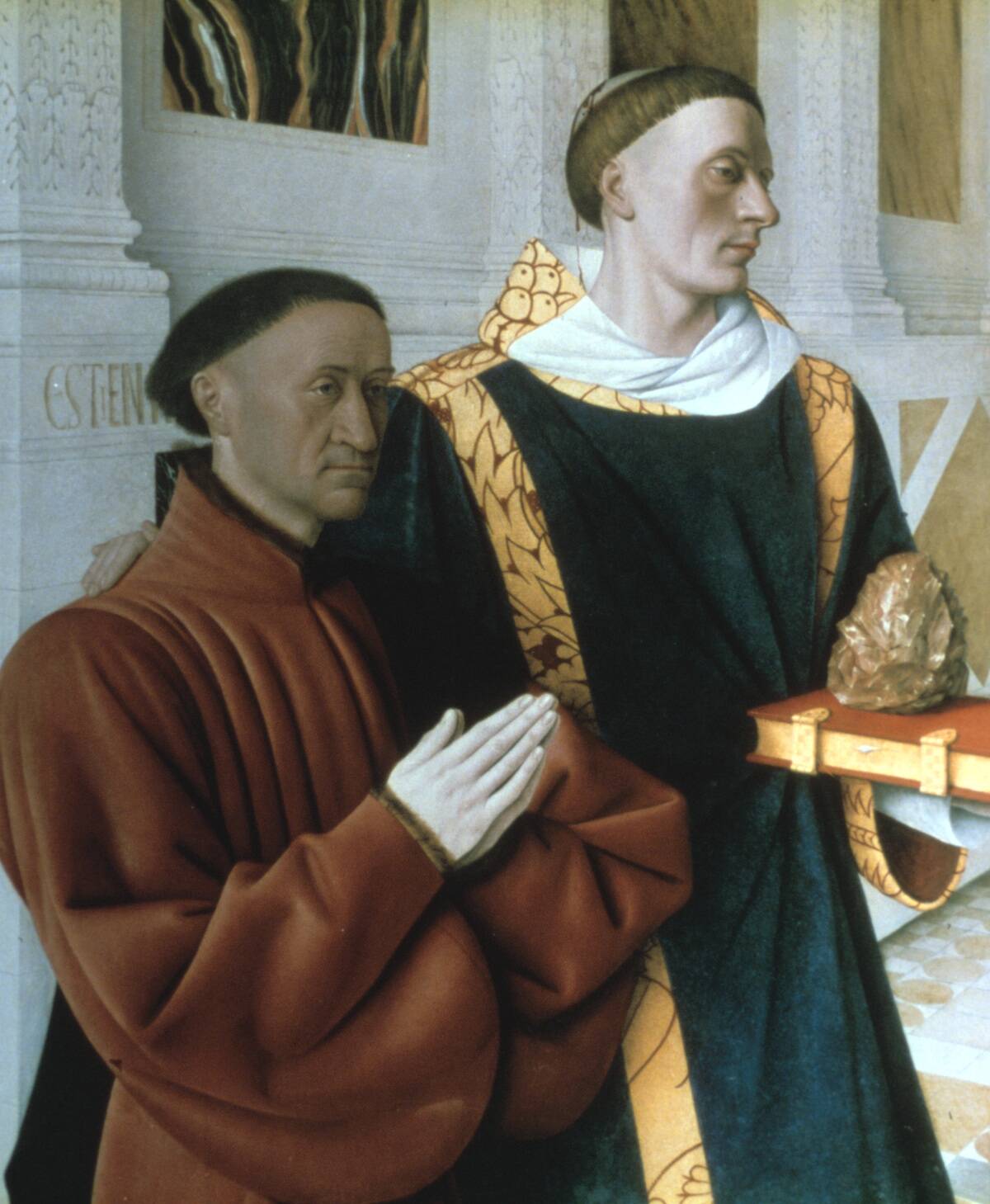
Throughout history, martyrs have emerged in various contexts, from early Christian saints to modern-day figures. The first Christian martyrs, like Saint Stephen, set the foundation for a long tradition of martyrdom. Over the centuries, countless others have followed, each contributing to the rich tapestry of religious history. The accounts of these individuals not only reflect their times but also reveal the enduring human spirit in the face of oppression and persecution.
Meet the Martyrs: Stories of Courage and Devotion
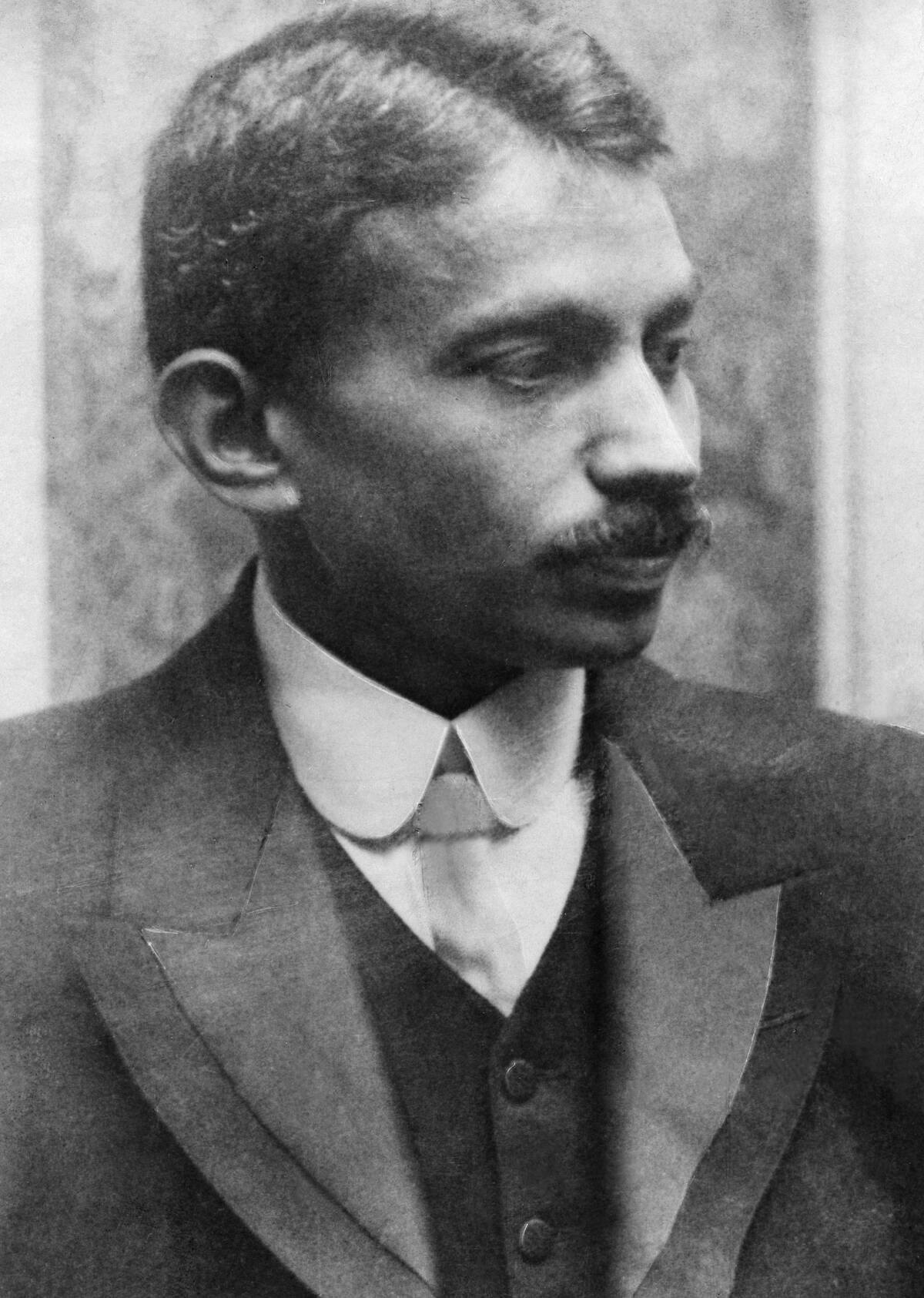
The stories of martyrs are as diverse as they are inspiring. Take Perpetua, a young mother who defied Roman authority to maintain her Christian faith, or Mahatma Gandhi, who, though not traditionally considered a martyr, sacrificed his life for peace and justice. Each story is a testament to the resilience and dedication of individuals who stood firm in their beliefs, often sparking movements that outlasted their own lives. These narratives continue to inspire countless people worldwide.
Famous Christian Martyrs and Their Impact on History
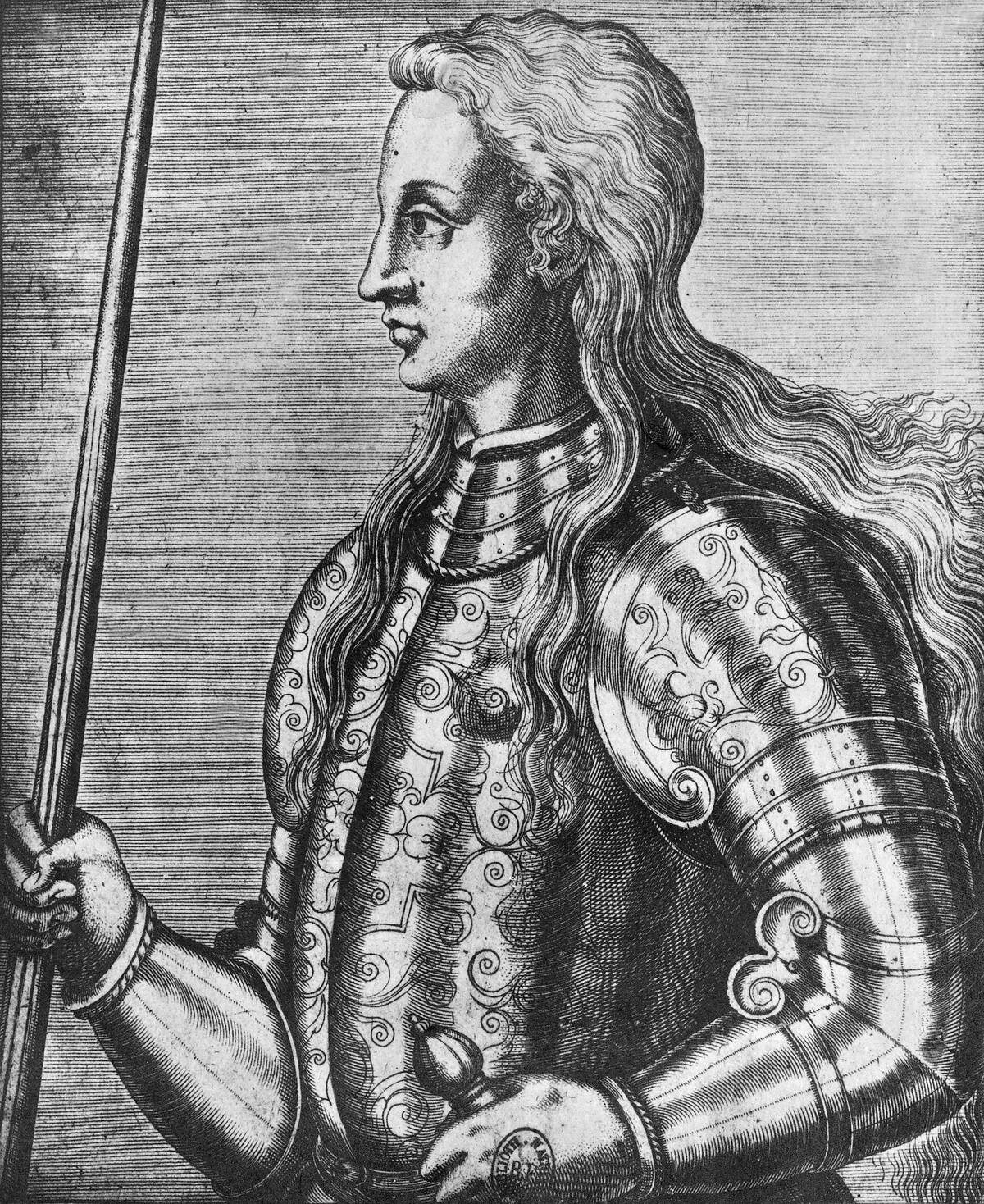
Christianity has a long list of martyrs whose sacrifices have significantly shaped the faith. Figures like Saint Peter, crucified upside down, and Joan of Arc, who was burned at the stake, are etched into history. Their stories are not just about their deaths but about the powerful movements they inspired. These martyrs have become symbols of unwavering faith, influencing both religious teachings and cultural perceptions of sacrifice and devotion throughout history.
The Trials and Tribulations of Early Christian Martyrs
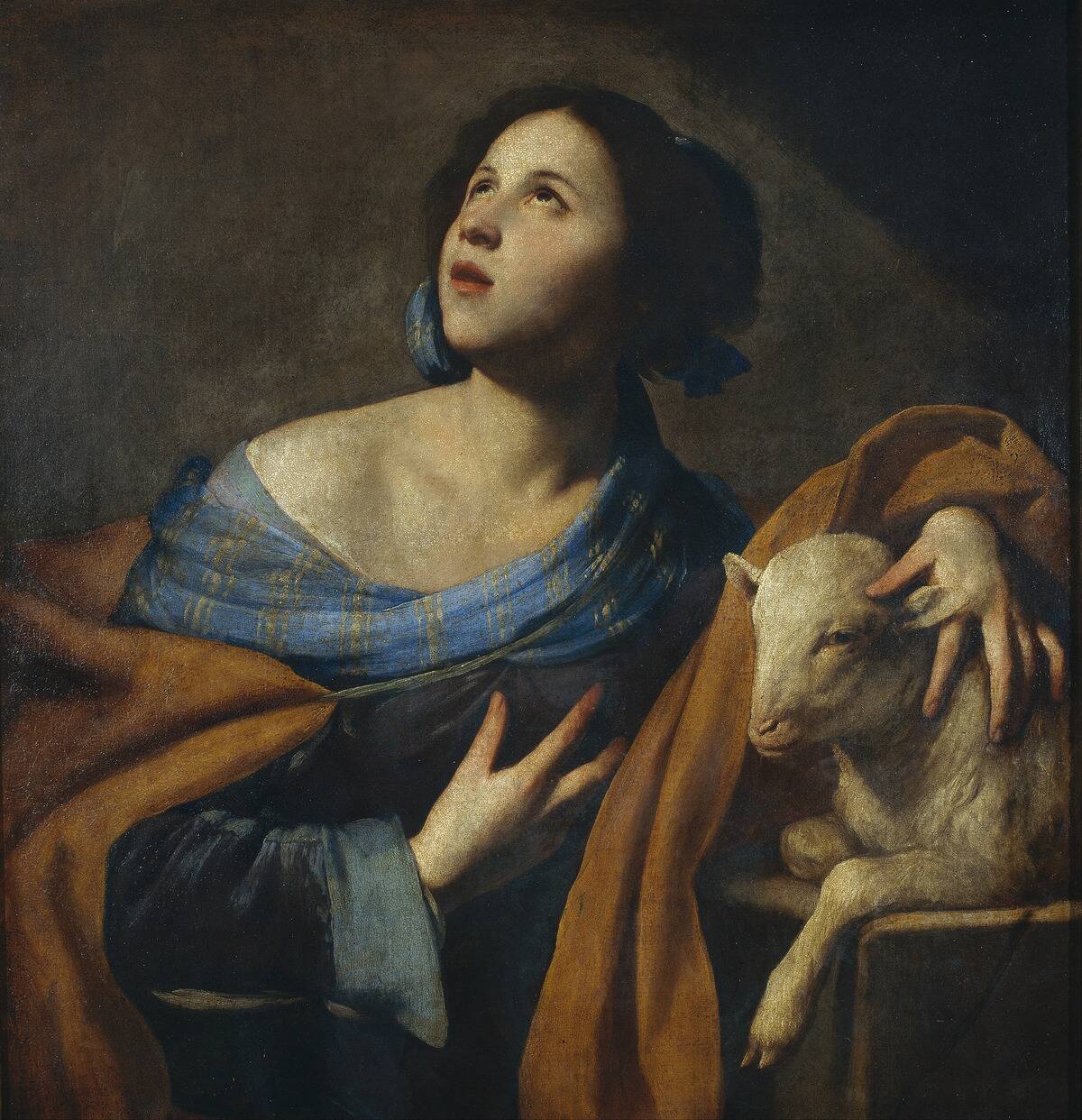
Early Christian martyrs faced tremendous hardships, often at the hands of Roman authorities. These individuals, including the Apostles, were subjected to brutal persecution, yet they remained steadfast. Their stories, such as that of Saint Agnes, who was martyred at a young age, are harrowing yet inspiring. These early martyrs laid the groundwork for the spread of Christianity, often becoming the seeds from which faith communities grew, despite the oppressive environments they faced.
Martyrdom in Islam: Stories of Sacrifice and Devotion
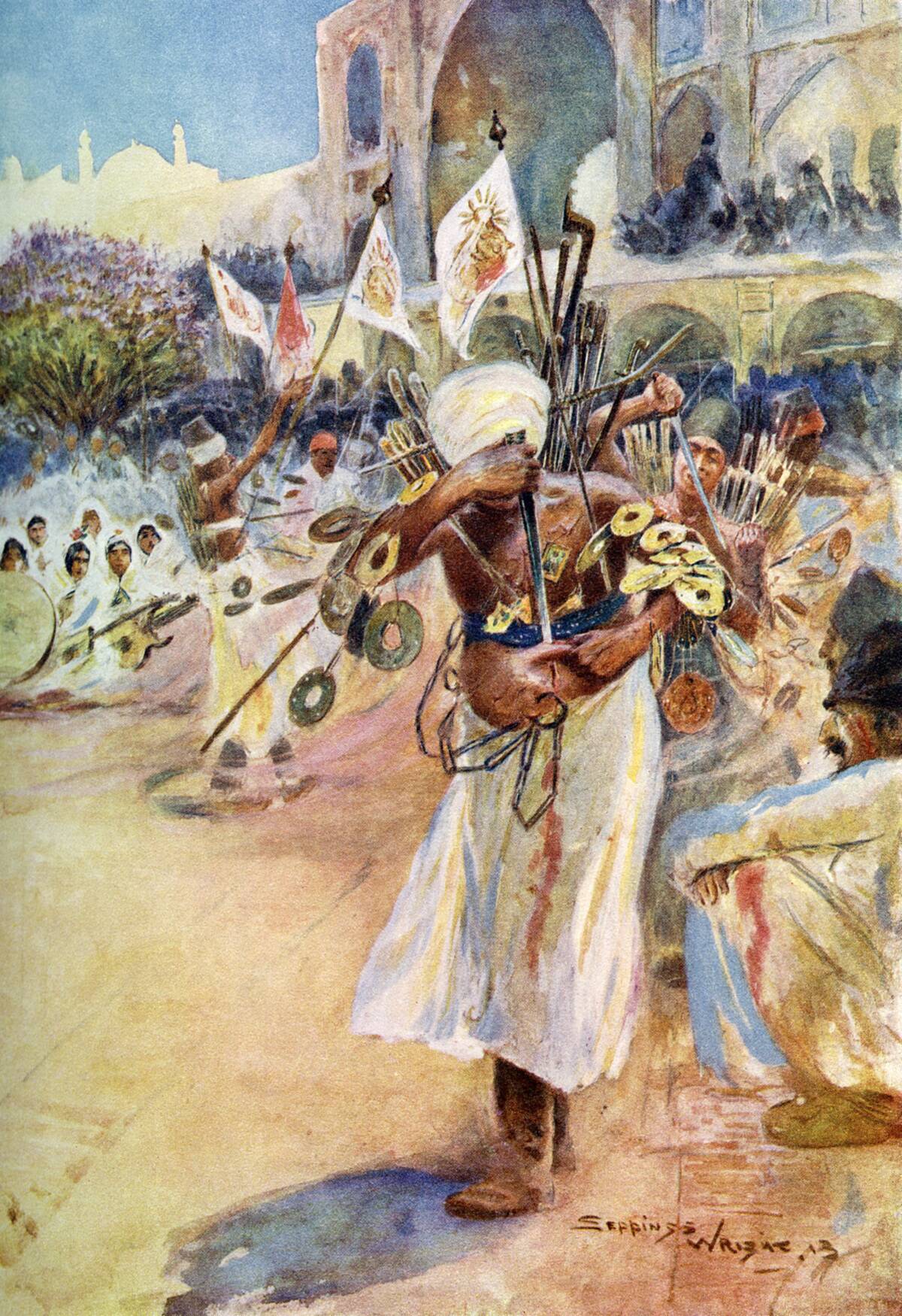
In Islam, martyrdom is often associated with those who die in the path of Allah, with the Prophet Muhammad’s companions serving as early examples. The stories of figures like Imam Husayn, who refused to pledge allegiance to a tyrannical ruler, underscore themes of justice and sacrifice. Martyrs in Islam are promised rewards in the afterlife, making their sacrifices not only acts of devotion but also of profound faith. Their legacies continue to inspire Muslims worldwide.
Jewish Martyrs: A Testament to Unyielding Faith
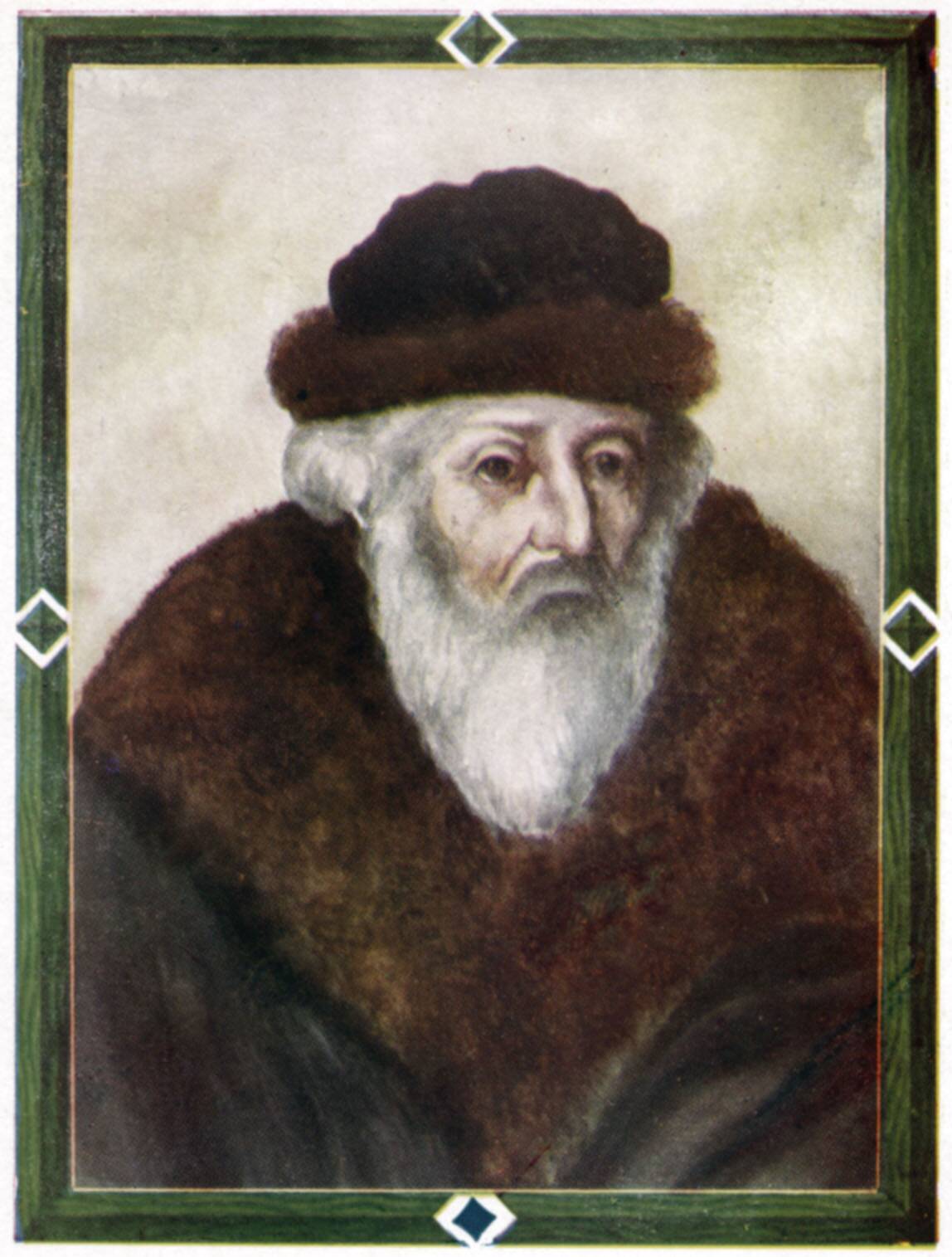
Jewish history is replete with stories of martyrdom, often in the face of severe persecution. Events like the Maccabean Revolt and the Roman siege of Jerusalem highlight the determination of Jews to uphold their faith. Figures such as Rabbi Akiva, who was executed by the Romans, exemplify this spirit. These martyrs are remembered for their unwavering faith and courage, with their stories serving as powerful reminders of resilience and the enduring spirit of the Jewish people.
Eastern Religions: Understanding Martyrdom in Hinduism and Buddhism
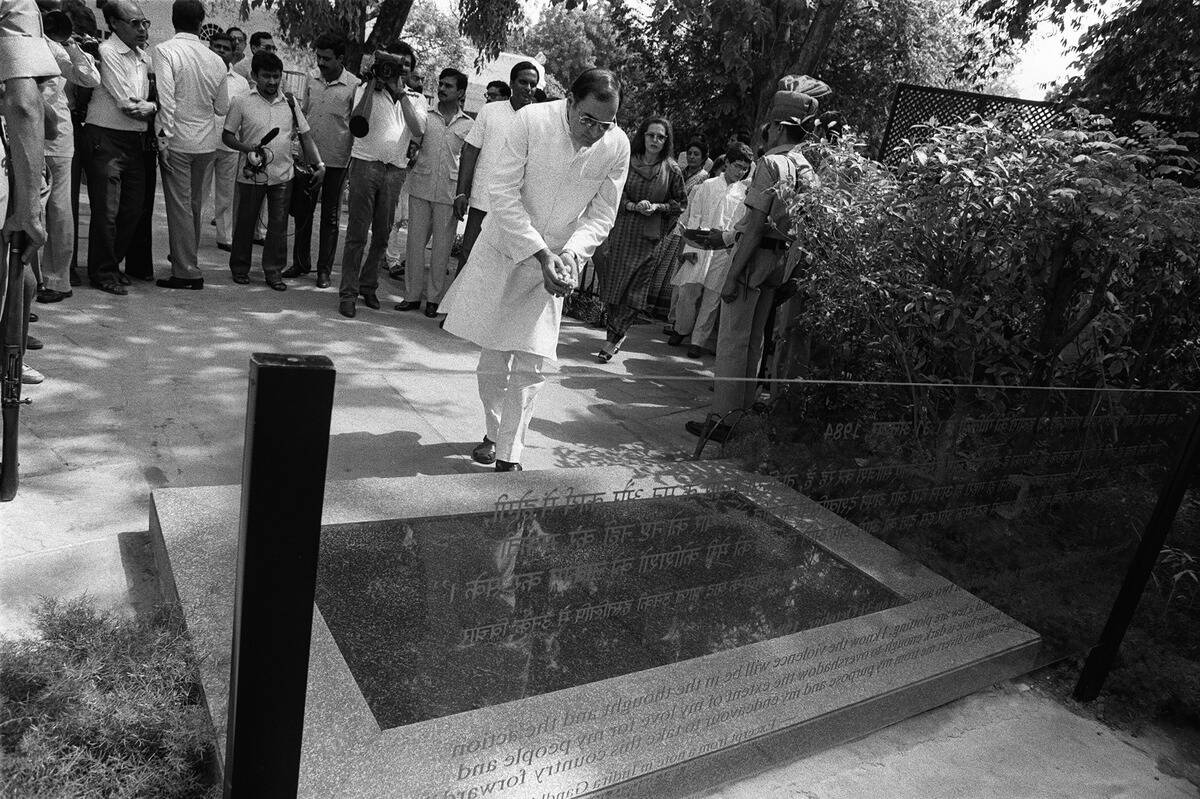
Martyrdom in Eastern religions like Hinduism and Buddhism is less emphasized compared to Abrahamic faiths, yet stories of sacrifice exist. Hindu texts recount tales of warriors like Bhishma, who chose death over dishonor. Buddhism, while focusing on non-violence, reveres figures like Thich Quang Duc, whose self-immolation in protest of persecution remains a powerful image. These stories reflect a commitment to principles, whether through acts of courage or profound spiritual conviction.
Women Martyrs: Breaking Boundaries with Their Sacrifice
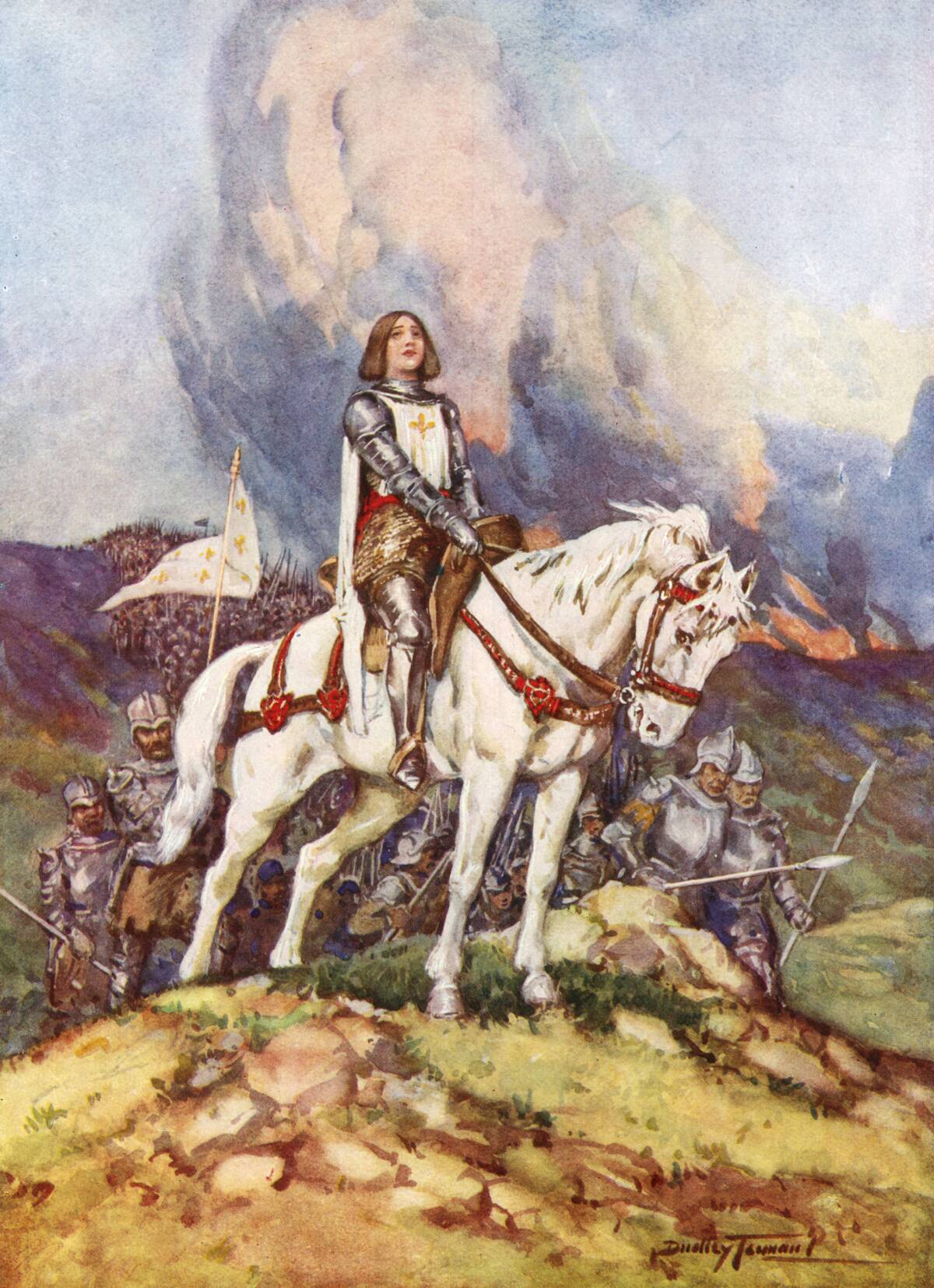
Women have played a significant role in the history of martyrdom, often facing unique challenges. Saints like Catherine of Alexandria, who was tortured for her faith, and more recent figures like Sister Rani Maria, who was martyred in India, exemplify courage. These women broke societal norms, standing firm in their beliefs despite immense pressure. Their sacrifices have inspired countless others, highlighting the critical role women have played in shaping religious narratives throughout history.
Modern-Day Martyrs: Tales of Courage in Contemporary Times
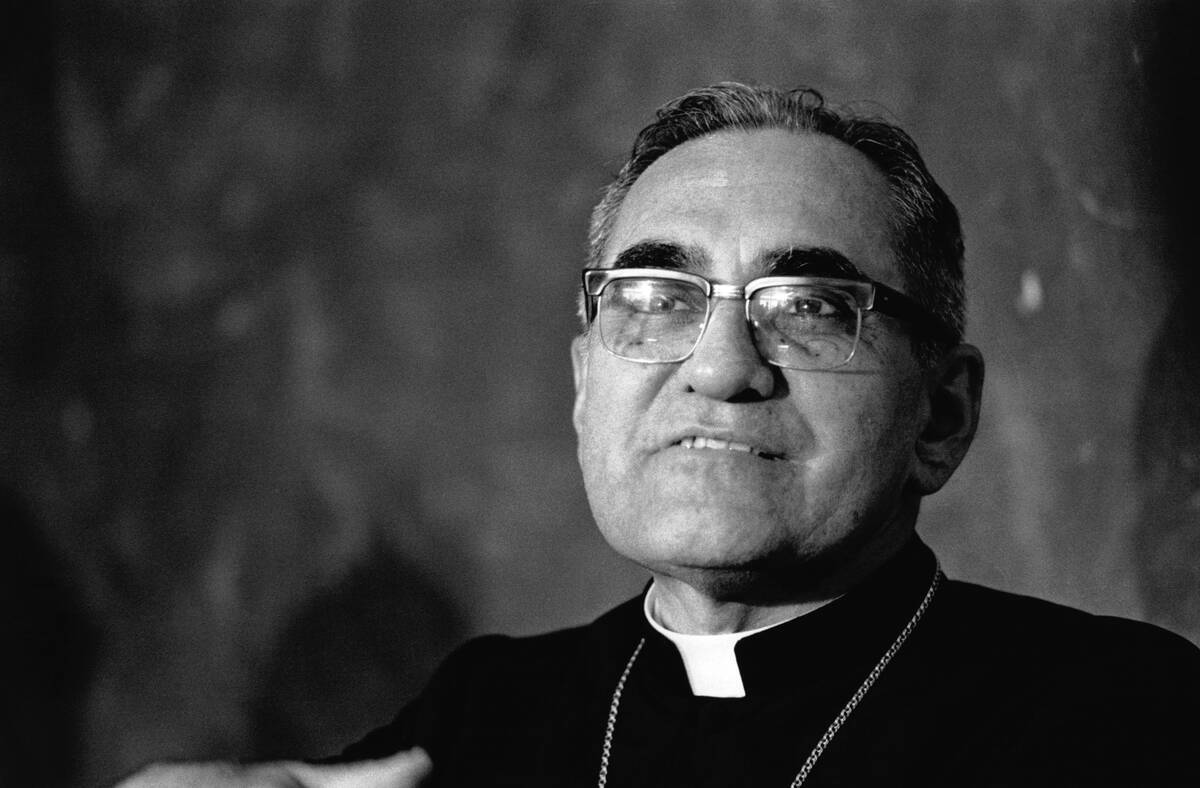
Martyrdom is not confined to ancient times; modern-day martyrs continue to emerge in various contexts. Figures like Archbishop Oscar Romero, who was assassinated for speaking against injustice, illustrate this ongoing phenomenon. Their stories highlight contemporary issues of social justice, human rights, and religious freedom. Modern martyrs remind us that the fight for truth and justice is timeless, with their sacrifices continuing to inspire new generations to stand up for their beliefs.
The Symbolism of Martyrdom: What Do They Leave Behind?
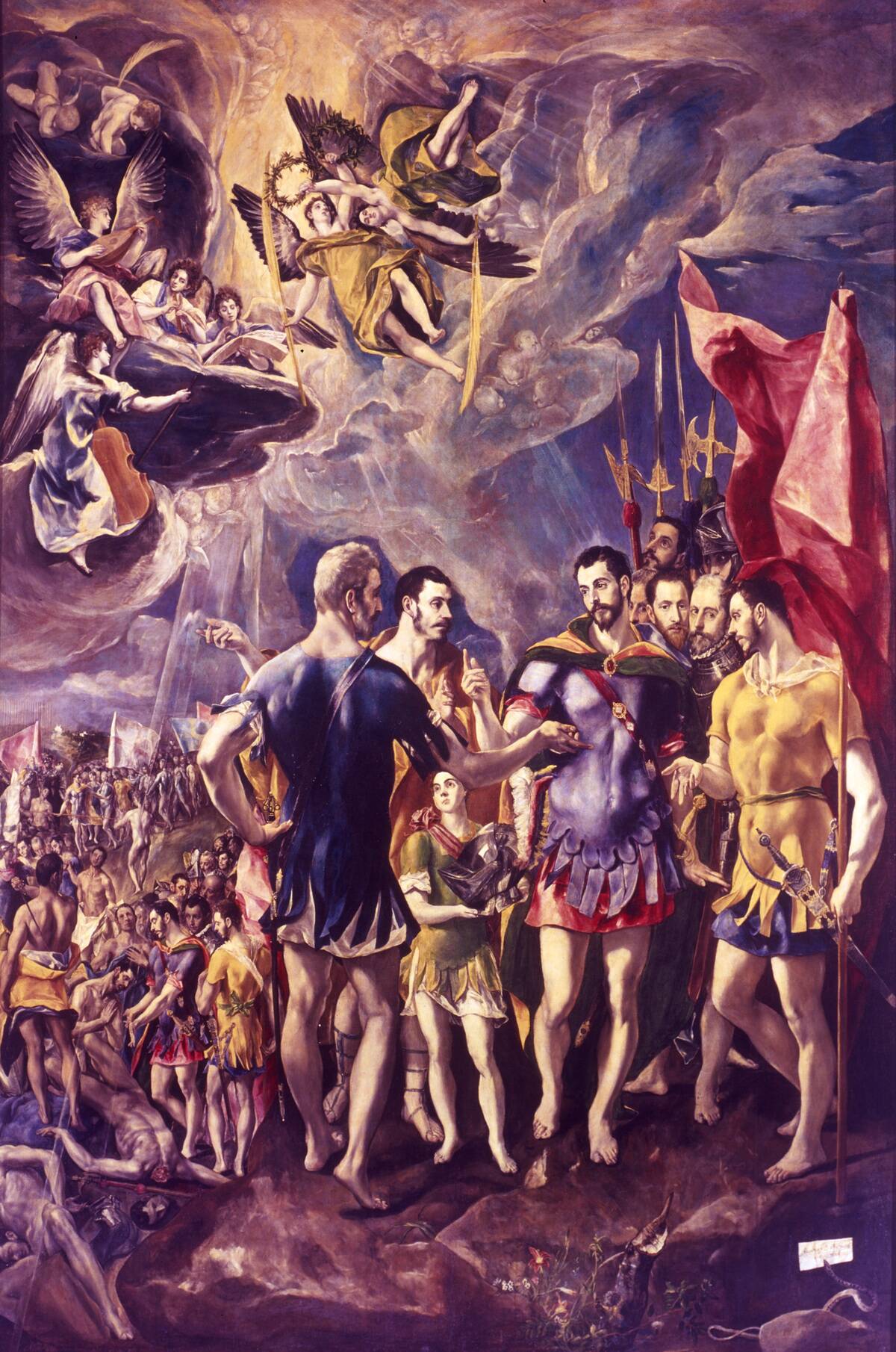
Martyrs often symbolize the ultimate sacrifice for one’s beliefs, leaving behind powerful legacies. Their stories serve as moral compasses, guiding future generations in matters of faith and conviction. The symbolism of martyrdom extends beyond religious boundaries, influencing cultural and social narratives. By examining what martyrs leave behind, we gain insight into the enduring impact of their sacrifices, which continue to resonate with those who seek inspiration from their unwavering commitment to their principles.
Cultural Depictions of Martyrs in Art and Literature
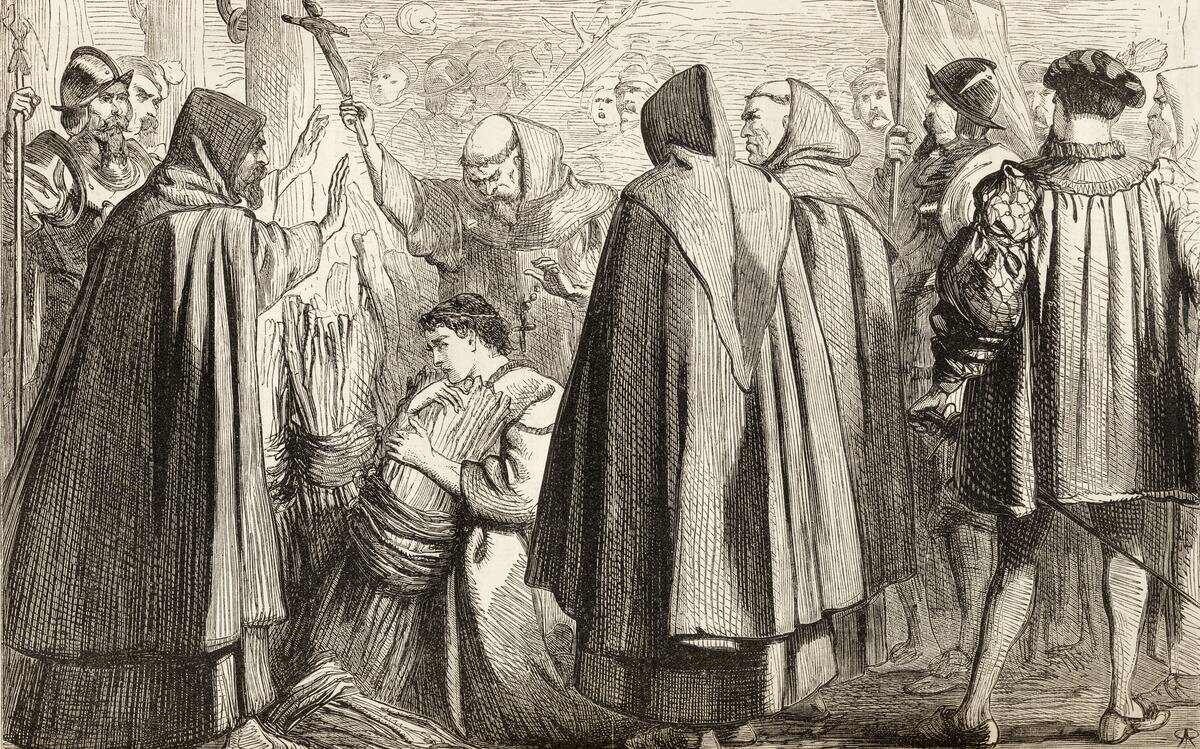
Martyrs have been immortalized in art and literature for centuries, reflecting their enduring influence. From Caravaggio’s dramatic paintings to Shakespeare’s tragic plays, these depictions capture the essence of their stories. Such portrayals often emphasize themes of sacrifice, redemption, and faith, resonating deeply with audiences. Through various artistic mediums, the stories of martyrs continue to be told, offering fresh interpretations and insights into their lives and the profound impact of their sacrifices.
The Influence of Martyrdom on Religious Communities
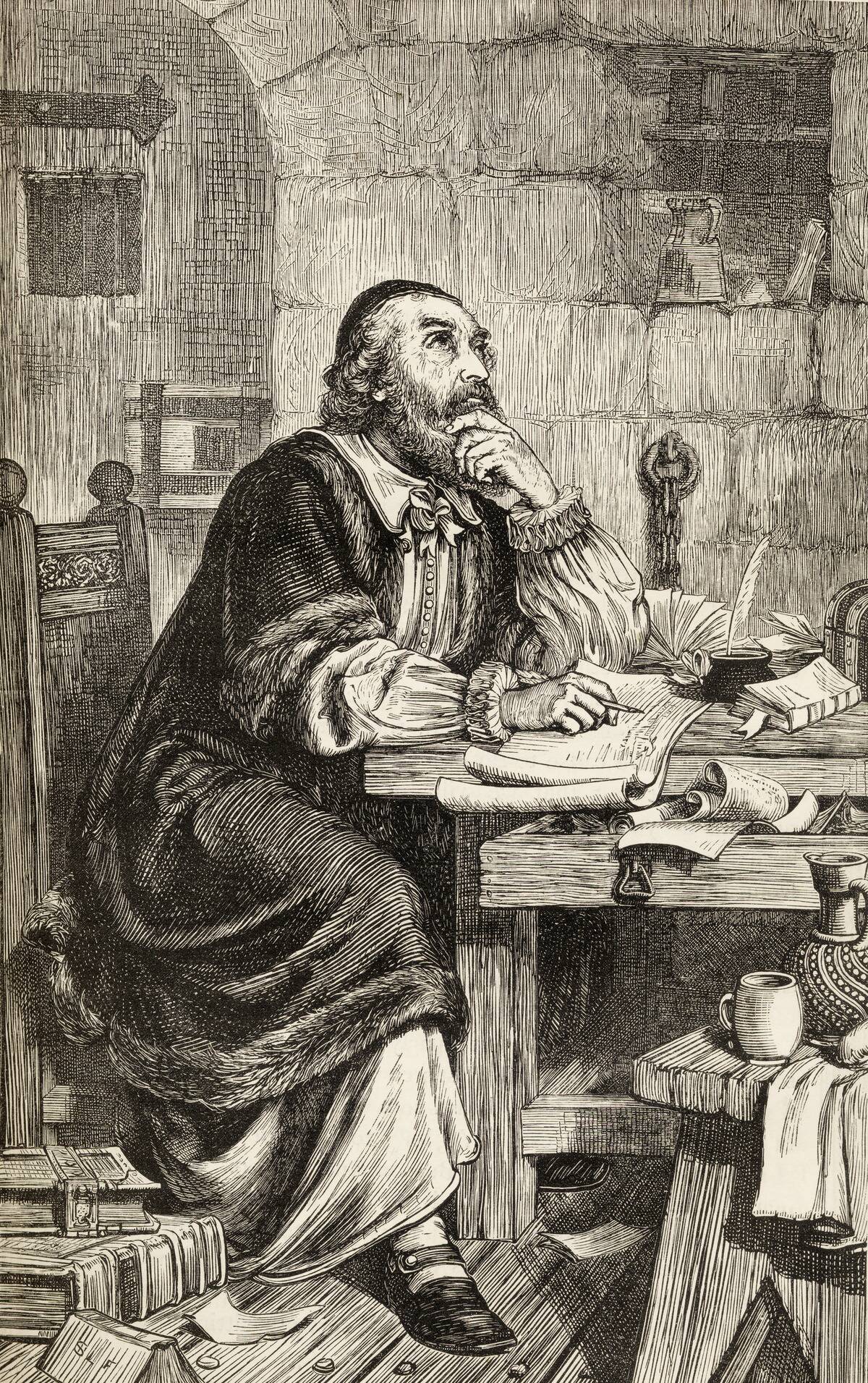
Martyrdom has a profound impact on religious communities, often strengthening collective identity and resolve. The sacrifices of martyrs serve as rallying points for believers, inspiring communal solidarity and devotion. These figures become cornerstones of religious narratives, shaping doctrines and practices. The influence of martyrdom extends beyond individual stories, fostering a sense of shared history and purpose within communities. This enduring legacy underscores the vital role martyrs play in sustaining and enriching religious traditions.
The Psychological Profile of a Martyr: What Drives Their Decisions?
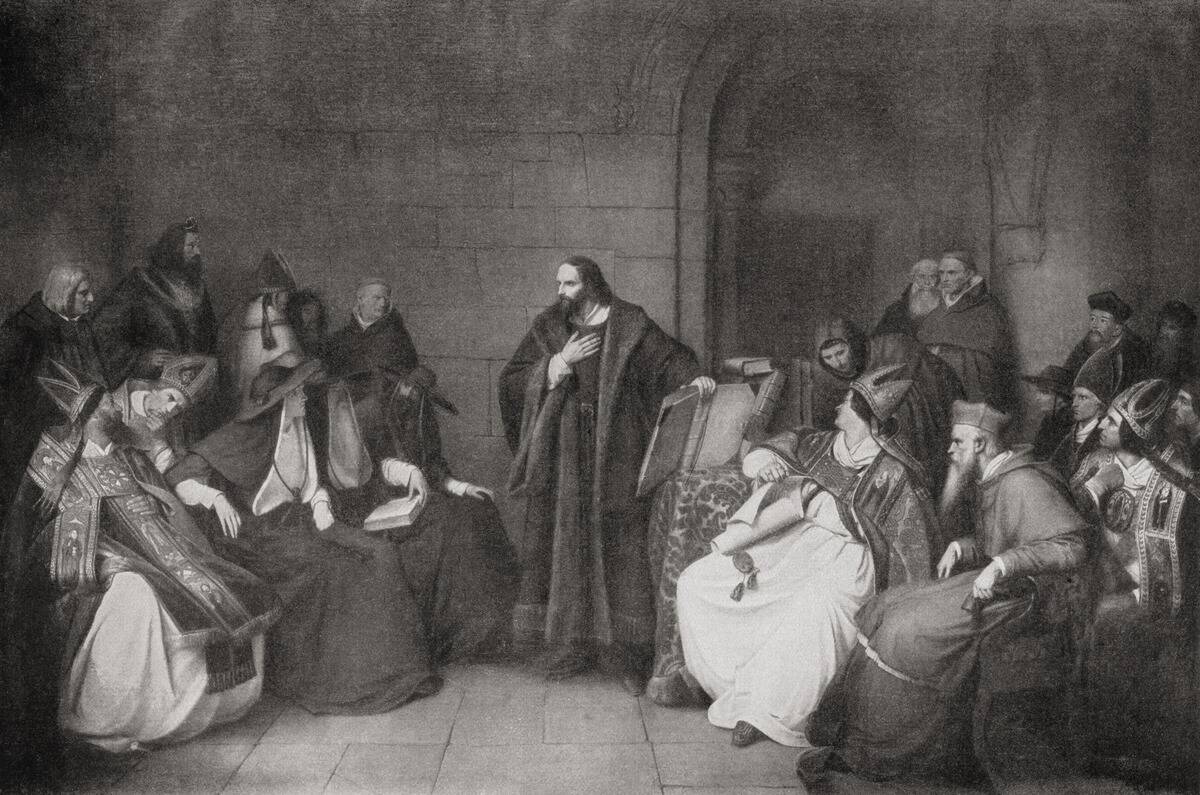
Understanding what drives individuals to embrace martyrdom involves exploring complex psychological factors. Martyrs often possess a deep sense of purpose and conviction, prioritizing their beliefs over personal safety. This mindset is shaped by various influences, including religious teachings, community support, and personal experiences. While not all martyrs share the same motivations, their willingness to sacrifice highlights a profound commitment to their principles. This exploration offers insight into the unique psychological landscape that shapes such extraordinary decisions.
Exploring the Controversies Surrounding Martyrdom
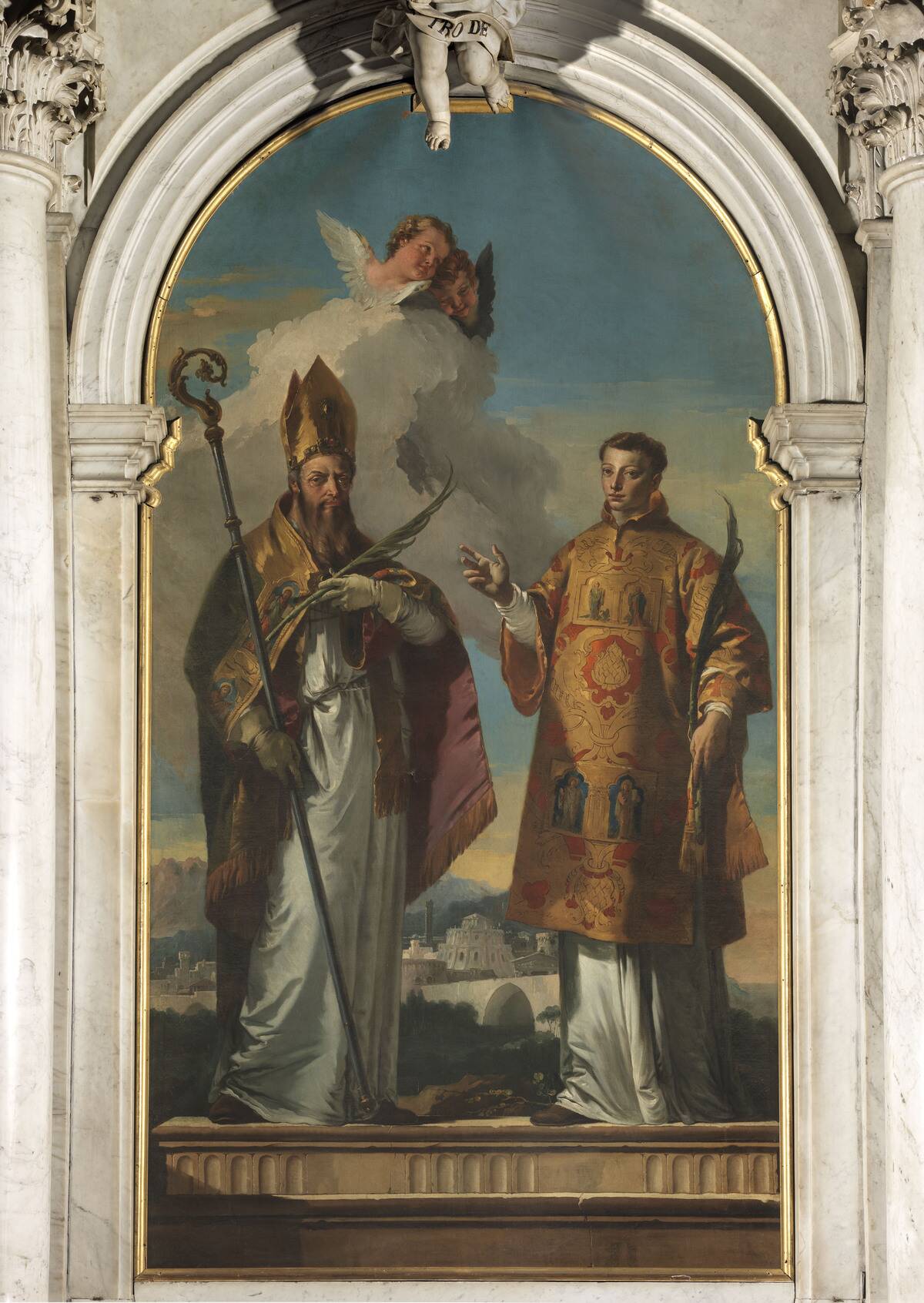
Martyrdom is not without its controversies, often sparking intense debate. Some view it as a noble act of self-sacrifice, while others criticize it for promoting extremism. The line between martyrdom and fanaticism can be blurred, leading to ethical and moral dilemmas. These controversies highlight the complexities of interpreting martyrdom, challenging societies to examine the broader implications of such acts. Engaging with these debates allows us to better understand the multifaceted nature of martyrdom and its impact on society.
Martyrdom and Its Role in Shaping Religious Narratives
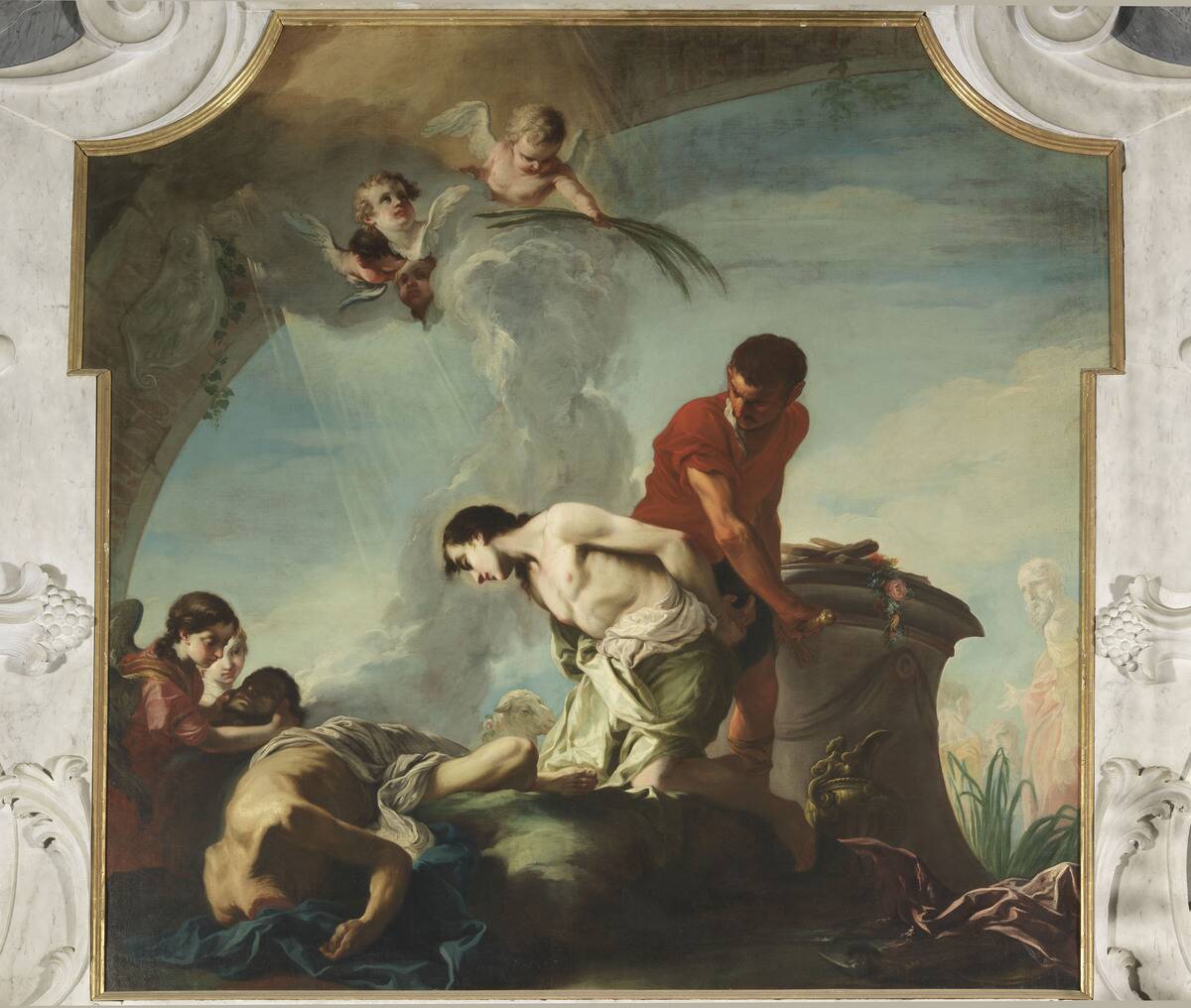
Martyrdom plays a pivotal role in shaping religious narratives, often serving as a testament to faith and conviction. These stories are woven into the fabric of religious texts and teachings, offering powerful examples of devotion. Martyrs become central figures in religious lore, influencing doctrine and inspiring followers. By exploring the role of martyrdom in these narratives, we gain a deeper understanding of how these sacrifices continue to shape and define religious identities and beliefs across cultures.
Lessons from the Lives of Martyrs: What Can We Learn?
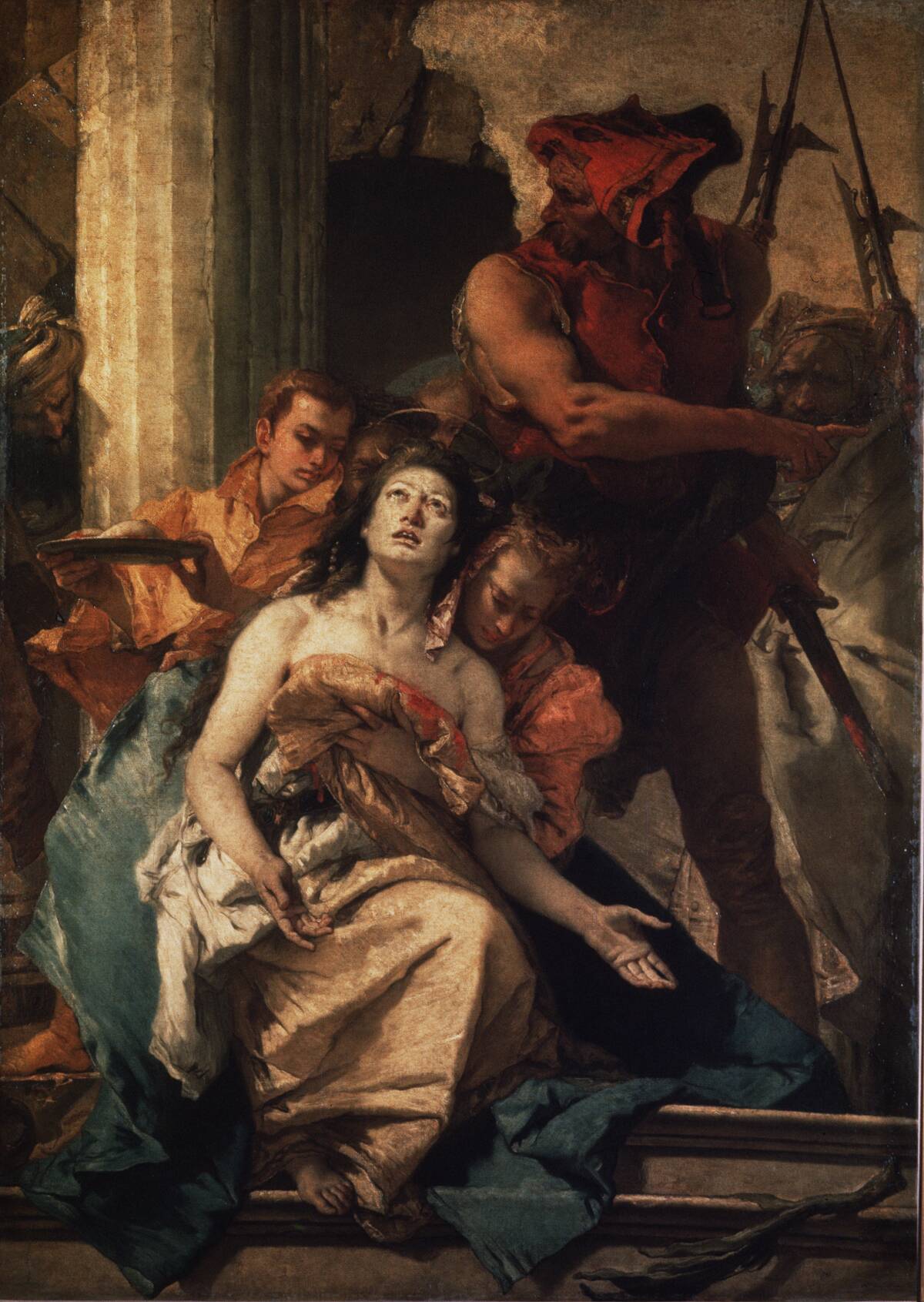
The lives of martyrs offer profound lessons in courage, conviction, and sacrifice. Their stories challenge us to reflect on our own beliefs and the lengths we are willing to go to defend them. Martyrs teach us about resilience in the face of adversity and the power of standing up for one’s principles. By studying their lives, we gain valuable insights into the human capacity for faith and dedication, encouraging us to consider our roles in the broader narrative of justice and truth.



